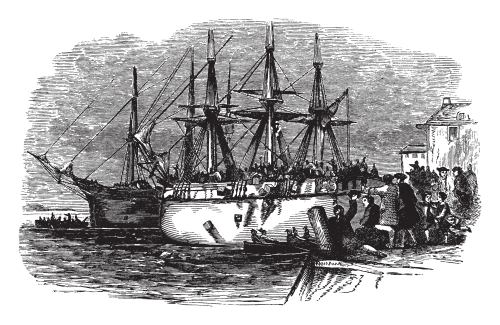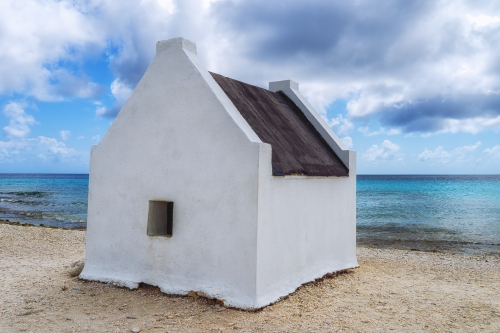History of Bonaire: a fascinating journey through time
Bonaire’s history is marked by resilience and cultural fusion. This island was originally inhabited by the Caquetío people before arrival of the Spanish, followed by Dutch colonization and the transatlantic slave trade. Slavery was abolished in 1863, and the salt industry emerged as a major contributor to the economy. Bonaire played a strategic role in World War II and gradually gained autonomy, becoming a special municipality within the Netherlands in 2010.
Introduction: understanding Bonaire’s history
As I strolled along the pristine small beaches of Bonaire, I found myself contemplating the rich history of our beautiful Caribbean island. The history of Bonaire is a story of resilience, adaptability, and cultural fusion that is essential to understanding the island’s unique identity. We believe every visitor to Bonaire should learn about the island’s history to enhance their experience during their stay.
Pre-colonial era: a time before European arrival
- Indigenous people of Bonaire
- Their lifestyle and customs
- Spanish influence
Long before Columbus set foot on the New World, the island of Bonaire was home to the Caquetío people, a branch of the Arawak Indians. These early settlers led simple lives, depending on the land and sea for sustenance, and engaging in activities such as fishing, farming, and pottery making. However, the arrival of the Spanish in the 16th century changed everything. The Spaniards introduced new ideas, diseases, and a desire for control, significantly impacting the lives of the indigenous population.
Dutch colonization: a new era begins
- The Dutch enter the stage
- The Dutch West India Company and its role
- The slave trade’s impact on Bonaire
In the 17th century, Bonaire’s destiny shifted once again when the Dutch colonized the island. They recognized the island’s potential for economic growth and established the Dutch West India Company, which played a vital role in Bonaire’s development. A significant aspect of this era was the slave trade. The Dutch transported slaves from Africa to Bonaire, using the island as a hub for the transatlantic slave trade. This had a profound impact on the island’s culture and economy. This period is rightly considered one of the darkest chapters in the history of Bonaire and the Netherlands. Only on December 19, 2022, did the Dutch government officially apologize for its past involvement in slavery.

Abolition of slavery: a new beginning
- Emancipation and its consequences
- The rise of the salt industry
In 1863, slavery was finally abolished on the island, marking a new chapter in the history of Bonaire. This change transformed the island’s economy, with the salt industry becoming a major contributor. Today, the remnants of the salt industry can still be seen in the island’s salt pans and slave huts, serving as a stark reminder of Bonaire’s past.
World War II: Bonaire’s strategic importance
- The island’s role during the war
- The oil refinery’s impact
During World War II, Bonaire’s strategic location made it an important base for the Allies. The island’s role in the war effort led to the construction of an oil refinery, which became a crucial component of Bonaire’s economy for many years.

Post-war era: embracing tourism and autonomy
- The flourishing of the tourism industry
- A more autonomous status for Bonaire
In the years following World War II, Bonaire began to shift towards tourism. The island’s stunning natural beauty, crystal-clear waters, and vibrant coral reefs soon attracted visitors from around the world. At the same time, Bonaire gradually gained more autonomy within the Kingdom of the Netherlands, allowing it to preserve its unique cultural heritage.
Bonaire’s referendum and Special Municipality status
In 2005, Bonaire experienced a significant political change when the island held a popular referendum. The outcome led to Bonaire becoming a special municipality within the Netherlands in October 2010. This new status brought different laws and a distinct tax regime compared to mainland the Netherlands. However, it also meant that the local population faced some drawbacks. Despite being a special municipality of the Netherlands, Bonaire has limited access to social services, poverty alleviation programs, social housing, and benefits that are available to Dutch citizens on the mainland. This situation highlights the ongoing struggle for Bonaire to balance its unique identity with the advantages and disadvantages of being part of the Kingdom of the Netherlands.
Conclusion: appreciating the history of Bonaire
In conclusion, the history of Bonaire is a captivating story of survival and transformation. As we admire Bonaire’s vibrant culture and stunning landscapes, it’s vital to remember the island’s tumultuous past and honor the resilience of its people. By understanding Bonaire’s history, we can truly appreciate the paradise that it is today.
Good morning – what an educational writing! I never knew… It is wonderful how the people of the island have managed to survive the changes with its resilience. The Good News of God’s Kingdom is on the way. Matthew 24:14 says: “And this good news of the Kingdom will be preached in all the inhabited earth for a witness to all the nations, and then the end will come.”
Bonaire , good aire , a dreaming paradise island . I feel sad for her history as a slave trading point .
I hope the local people can happily enjoy their life and have rights to manage their home ….